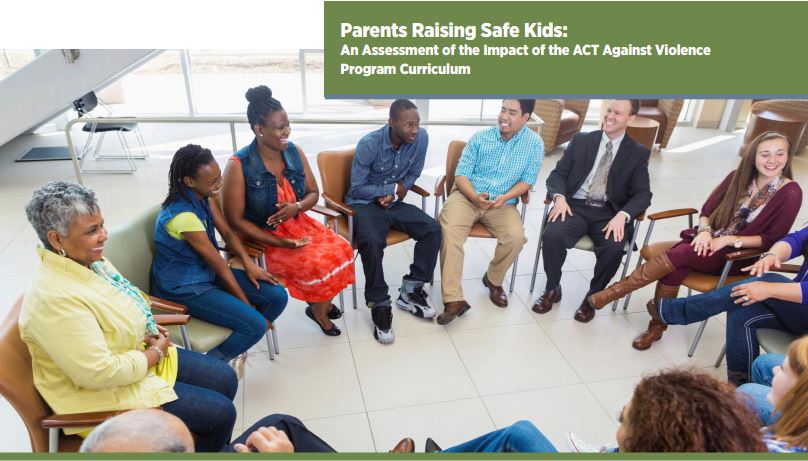In 2014, the Allegheny County Department of Human Services (DHS) conducted a review of its homelessness services system as a first step in planning for and promoting effective strategies for reducing homelessness. This report provides information about the population of families experiencing a housing crisis in Allegheny County from 2009 through 2013, with a particular focus on the 2009 entry cohort.
The vast majority of families had a female head of household, and females were over-represented by nearly 30 percent when compared to the general adult population of Allegheny County. African American–headed families accounted for 60 percent of families served over the five-year period, a rate nearly five times greater than that of the African American population in Allegheny County. While the number of family members accessing homelessness services increased by more than 400 adults and more than 500 children over the five-year period, the overall demographic characteristics of this population remained quite constant.
Click here to view the full report.
Click here to view a related report about individuals involved in Allegheny County’s homelessness system.
Analysis and content: Ryan Burger, Abigail Horn, Brian Bell and Erin Dalton

